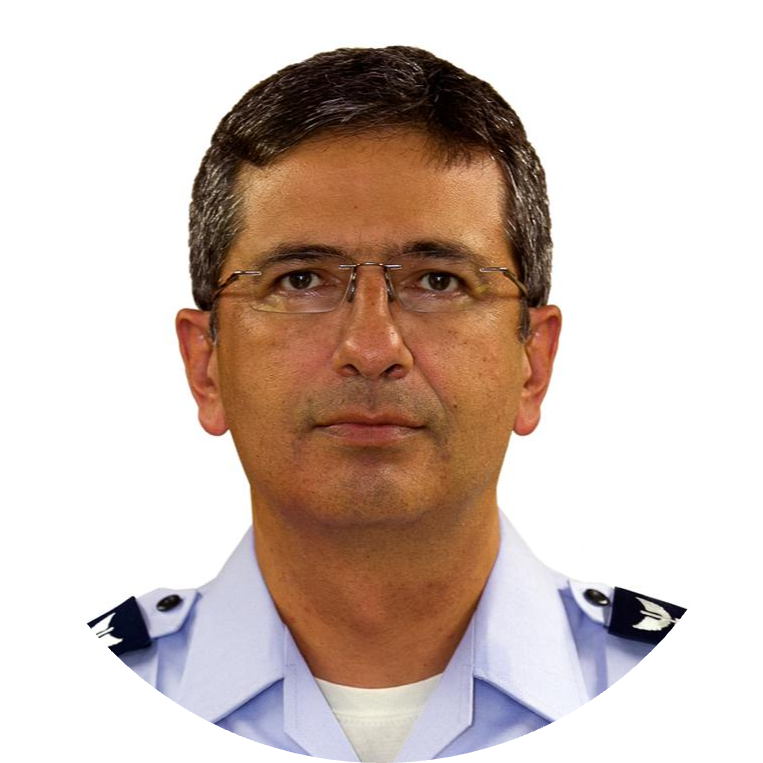
Forewords
EUROCONTROL PRC
Marinus de Jong
EUROCONTROL PRC Chairman
Collaboration and harmonisation are key and intrinsic principles of the aviation world. These principles were never as important as they are today, as the aviation community emerges from its worst crisis ever in the last two and half years. Since the outbreak of COVID-19, pressure on the air transportation system tested the resilience of the most integrated and interdependent mode of transport. When the pandemic was finally relieved, the Russian invasion of Ukraine raised the bar against recovery even higher, with rising fuel costs and much uncertainty once again. More than ever, the aviation system should look to its principles.
Without collaboration - both on regional and international level - and the promotion and application of standards, the aviation system we know today, would never have come to pass, and will undoubtedly fail in the future. With that in mind, this second comparison report reflects the efforts of Brazil and Europe to keep moving in the direction of cooperation and standardisation in the field of operational air navigation system performance. Furthermore, the global community is asking for all its sectors to improve efficiency and reduce environmental impact. Additionally to the challenges mentioned above, addressing the carbon footprint of air transportation and how air navigation can help in this context is mandatory. In this context transparency plays a fundamental role. This comparison report adds to providing a transparent basis for an informed discussion by providing data-driven analyses to identify performance gaps and allow stakeholders to understand better and even participate in finding solutions to the issues on the table.
DECEA SDOP

Brig. Eduardo Miguel Soares
Head of SDOP/DECEA
Even though the scars of the greatest crisis of the aviation system are not fully healed yet, it is already time to assess its impact on the ATM systems, understand how the regions dealt with the challenges and learn from mistakes and successes. Therefore, the partnership with EUROCONTROL became even more valuable for DECEA during the difficult period of the pandemic and post-pandemic. The historic drop in traffic volume has significantly impacted the investment capacity of air navigation service providers making the scrutiny of resource allocation an even more complex and error-intolerant activity.
Moreover, the European institution’s culture of structuring strategic planning supported by robust indicators and performance frameworks inspires us to maintain the path of clear goals and well-defined indicators for attention to strategic objectives. The SIRIUS Program’s projects are examples of planning already based on performance management and further strengthened after our agencies’ partnership. For instance, in the 2021 SIRIUS Program report 1, it is possible to verify that projects management, as such the TMA SP NEO, were carried out within the performance based approach and with some of their outputs expressed in metrics directly related to the well establish indicators in Europe.
This standardization of performance management also facilitates communication with the entire aviation community, contributing to the necessary transparency of today, in addition to strengthening our partnership with EUROCONTROL, our most significant source of inspiration in the area of performance.
(https://www.decea.mil.br/static/uploads/2022/04/Realizacoes-SIRIUS-2021.pdf)↩︎